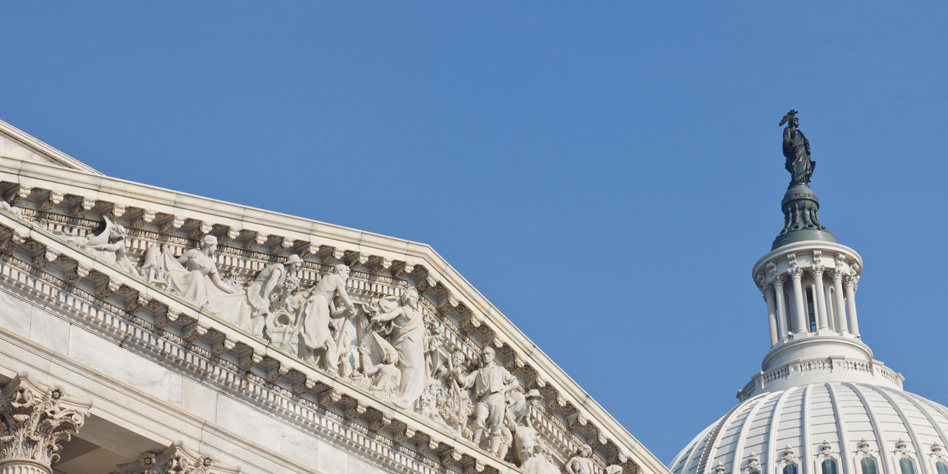
President Biden signed the Infrastructure Bill in November 2021 amid the uproar from the cryptocurrency industry. The Infrastructure Bill requires brokers to report digital asset transactions similar to what’s done to other specified securities. This means that cryptocurrency will be require the same type of reporting as done for stocks and bonds. Additionally, the bill requires any person who engages in trade or business who receives more than $10,000 to file a report that will include the name, address, and taxpayer identification number to the Internal Revenue System.
The crypto industry had concerns with the broad definition of broker in the bill – “persons regularly providing any service effectuating transfers of digital assets on behalf of another person.” This definition may include miners, developers, software providers, and stakeholders who do not have access to information required for reportorial compliance. The bill also failed to consider decentralized finance, transfers, and self-custody. The Keep Innovation in America Act was introduced to provide a better definition of “broker” and “digital asset” as well as the information that a “broker” can gather from a crypto investor or trader. However, this has not been signed as of January 2022.
Despite the lack of clarity on the definitions, the US government is expecting strict compliance by 2023. The new tax measure may bring in an estimated $25 billion in 10 years and will partially fund what President Biden hopes to accomplish as per the Infrastructure Bill.
A critical component of the law that has not been as extensively discussed is the fact that the law seems to broaden “the government’s warrantless surveillance of sensitive financial information, including for transactions under $10,000,” according to a CoinDesk article by Marta Belcher. Once the government knows the identity behind a crypto wallet or address, then it also knows of all the transactions for that wallet or address, even those below $10,000.
Marta Belcher further posits that this is a violation of the Fourth Amendment of the US Constitution. “The Fourth Amendment requires law enforcement to get a warrant supported by probable cause before conducting a search or seizure. Yet, under the Bank Secrecy Act, the government engages in mass surveillance of bank customers without a warrant. The government does this under the auspices of the third-party doctrine, which is the idea that people do not have a reasonable expectation of privacy in the data they share with a third party like a bank.”
She further states that, “The Fourth Amendment balances the legitimate interests of law enforcement with the civil liberties of citizens by requiring the government to get a warrant before conducting searches. Requiring people to turn over information about financial transactions to the government by default, with no warrant or probable cause, is unconstitutional mass surveillance.”
Crypto investors who would like to stay on the right side of the law can do some things that could potentially make it easier to comply with the new tax law. The first one is to keep track of your cost basis. Record how much you originally paid for your crypto. This may be helpful when there’s a need to reconcile with what crypto exchanges will be reporting to the IRS. If possible, just use one crypto exchange to make tax reporting simpler. Another thing to do is to retain the services of a tax professional with crypto-knowledge. A professional will have the skills and know-how to help you how to properly report on your crypto investments. A crypto tax software can also be helpful. It can track your cost basis and calculate taxes for you. This is especially useful if you have multiple crypto wallets and use more than one crypto exchange.
Don’t forget that just like any investment, you will do well to do your own research and analysis before deciding to buy or sell any crypto coin. Don’t invest what you cannot afford to lose. Make online safety a priority before making any transactions. Put majority of your digital assets in a wallet. Make sure you safe-keep your Monero coins by putting your XMR in XMRWallet.com, a secure and free web-based wallet that gives you full control of your XMR and keys. Always keep all your passwords, private keys, and seed phrases to yourself.
